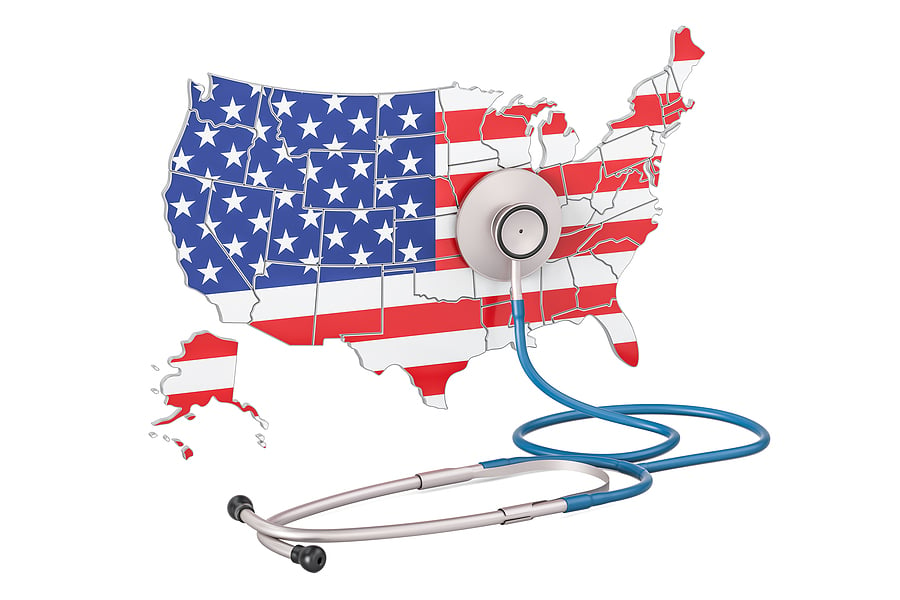Embarking on a Master of Science in Nursing (MSN) journey with a focus on becoming a Nurse Practitioner (NP) represents a significant step forward in one’s nursing career. As the demand for specialized healthcare professionals rises, finding an affordable and flexible online program becomes crucial. In this comprehensive guide, we will explore the intricacies of some of the most cost-effective online MSN Nurse Practitioner programs, examining their specializations, tuition costs, and online modalities. The programs below include concentrations in areas such as:
1. Southeastern Louisiana University
Southeastern Louisiana University’s online MSN program stands out for its dedication to excellence in nursing education. With specializations available in Family Nurse Practitioner and Psychiatric/Mental Health Nurse Practitioner, the program caters to a diverse range of nursing interests. The curriculum emphasizes evidence-based practice, advanced clinical skills, and patient-centered care.
In-state students benefit from a total tuition cost of $16,710.50 for 40 credits, while out-of-state students can pursue the program for $23,067. The online option offers flexibility, allowing students to balance their studies with professional and personal commitments. Southeastern Louisiana University’s commitment to academic rigor and student support makes it an attractive choice for aspiring NPs seeking affordability and quality education.
Specializations: Family Nurse Practitioner, Psychiatric/Mental Health Nurse Practitioner
Total In-State Tuition Cost: $16,710.50 (40 Credits)
Total Out of State Tuition: $23,067 (40 Credits)
Visit Program Website
2. University of West Florida
The University of West Florida’s online MSN program in Family Nurse Practitioner equips students with the knowledge and skills needed to excel in primary care settings. With a focus on holistic patient care and health promotion, the program prepares nurses to address the evolving healthcare needs of diverse populations. Accredited by reputable nursing organizations, the program ensures high standards of education and practice.
Florida residents can pursue the program for a total tuition cost of $16,992 for 45 credits, while Alabama residents pay $21,717. Out-of-state students have a total tuition cost of $46,675.80. The online format fosters interactive learning experiences and collaboration among students and faculty members. University of West Florida’s commitment to innovation and excellence makes it a top choice for aspiring NPs seeking affordability and academic rigor.
Specializations: Family Nurse Practitioner
Total Florida Resident Tuition: $16,992 (45 Credits)
Total Alabama Resident Tuition: $21,717 (45 Credits)
All Other State Residents: $46,675.80
Visit Program Website
3. University of Mississippi
The University of Mississippi’s online MSN program offers an array of specializations, including Acute/Primary Care Pediatric NP, Adult-Gerontology Acute Care NP, Family NP, Neonatal NP, and Psychiatric/Mental Health NP. With a curriculum grounded in evidence-based practice and clinical excellence, the program prepares nurses to deliver high-quality care across diverse healthcare settings.
In-state students can pursue the program for a total tuition of $18,220 for 50 credits, while out-of-state students pay $51,748. The online platform provides flexibility, enabling students to engage in coursework and clinical experiences from anywhere in the world. University of Mississippi’s commitment to fostering nursing leadership and innovation makes it a premier destination for aspiring NPs seeking affordability and academic excellence.
Specializations:
- Acute/Primary Care Pediatric Nurse Practitioner
- Adult-Gerontology Acute Care Nurse Practitioner
- Family Nurse Practitioner
- Neonatal Nurse Practitioner
- Psychiatric/Mental Health Nurse Practitioner
Total In-State Tuition: $18,220 (50 Credits)
Total Out Of State Tuition: $51,748 (50 Credits)
Visit Program Website
4. University of Alabama
The University of Alabama’s online MSN program offers specializations in Mental Health NP and Family NP. Designed to meet the evolving needs of today’s healthcare landscape, the program emphasizes advanced nursing theory, clinical practice, and interprofessional collaboration. Accredited by leading nursing organizations, the program ensures graduates are well-prepared to deliver comprehensive care to individuals and families.
The total online tuition cost for 45 credits is $22,440, making it an accessible option for nurses seeking advanced practice roles. The online format allows students to engage in interactive discussions, virtual simulations, and hands-on clinical experiences. University of Alabama’s commitment to fostering nursing excellence and innovation makes it an ideal choice for aspiring NPs seeking affordability and academic rigor.
Specializations: Mental Health Nurse Practitioner, Family Nurse Practitioner
Total Online Tuition: $22,440 (45 Credits)
Visit Program Website
5. Youngstown State University
Youngstown State University’s online MSN program offers specializations in Family NP and Adult-Gerontology Acute Care. With a focus on evidence-based practice, patient advocacy, and healthcare leadership, the program prepares nurses to excel in advanced practice roles across diverse healthcare settings. Accredited by respected nursing bodies, the program ensures graduates are well-equipped to meet the complex needs of patients and communities.
In-state students can pursue the program for a total cost of $24,242 for 46 credits, while out-of-state students pay $24,472. The online platform provides flexibility, allowing students to balance their studies with professional and personal obligations. Youngstown State University’s commitment to excellence in nursing education and student success makes it a top choice for aspiring NPs seeking affordability and academic excellence.
Specializations: Family Nurse Practitioner, Adult-Gerontology Acute Care
Total In-State Tuition Cost: $24,242 (46 Credits)
Total Out of State Tuition Cost: $24,472 (46 Credits)
Visit program website
6. University of the Cumberlands
The University of the Cumberlands’ online MSN program in Family Nurse Practitioner prepares nurses for advanced practice roles in primary care settings. With a focus on evidence-based practice, health promotion, and disease prevention, the program equips students with the knowledge and skills needed to deliver high-quality care to individuals and families. Accredited by leading nursing organizations, the program ensures graduates are well-prepared to address the healthcare needs of diverse populations.
The total online tuition cost for 48 credits is $25,872, making it an affordable option for nurses seeking advanced education. The online format provides flexibility, allowing students to engage in coursework and clinical experiences at their own pace. University of the Cumberlands’ commitment to fostering nursing excellence and innovation makes it a premier destination for aspiring NPs seeking affordability and academic rigor.
Specializations: Family Nurse Practitioner
Total Online Tuition Cost: $25,872 (48 Credits)
Visit Program Website
7. Ohio University
Ohio University’s online MSN program offers specializations in Adult Gerontology Acute Care Practitioner, Family NP, and Psychiatric Mental Health NP. Grounded in evidence-based practice and patient-centered care, the program prepares nurses to excel in advanced practice roles across diverse healthcare settings. Accredited by respected nursing bodies, the program ensures graduates are well-prepared to meet the evolving needs of patients and communities.
The total online tuition cost for 40 credits is $26,720, making it an accessible option for nurses seeking advanced education. The online format fosters collaboration, critical thinking, and clinical reasoning skills. Ohio University’s commitment to excellence in nursing education and student support makes it a top choice for aspiring NPs seeking affordability and academic excellence.
Specializations: Adult Gerontology Acute Care Practitioner, Family Nurse Practitioner, Psychiatric Mental Health Nurse Practitioner
Total Online Tuition: $26,720 (40 Credits)
Visit Program Website










